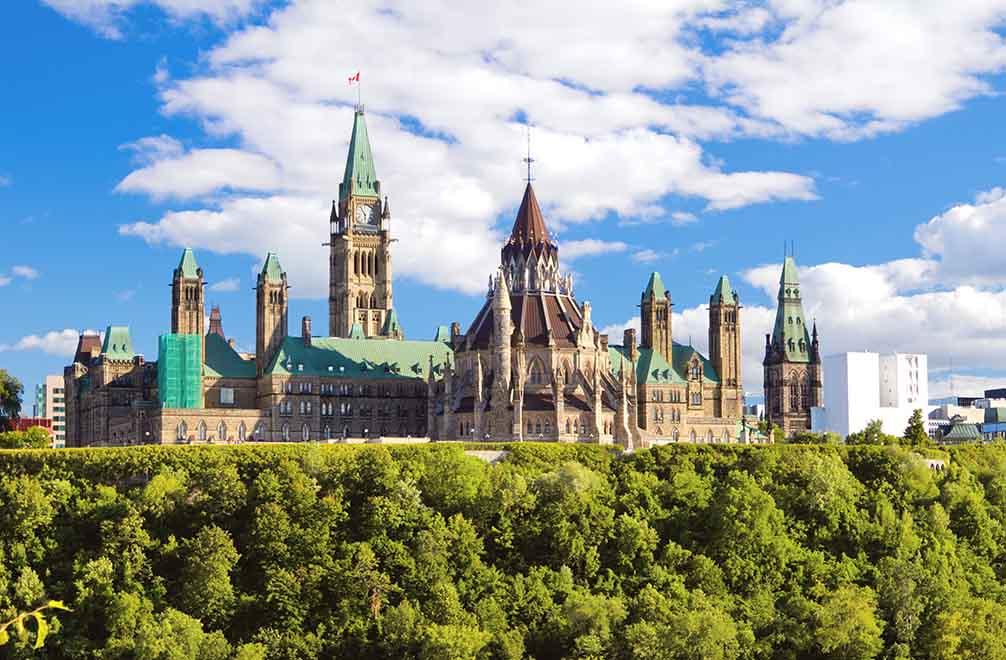Canada's Charter of Rights and Freedoms guarantees that every person in Canada is treated equally, no matter their race, religion, national or ethnic origin, colour, gender, age, sexual orientation, or physical or mental disability.

Your rights and freedoms in Canada
No matter what your immigration status is, you have certain rights and freedoms when you live in Canada. They are written in the Canadian Charter of Rights and Freedoms, and include:
- Freedom of conscience and religion (the right to follow your religious beliefs).
- Freedom of thought, belief, opinion and expression, including freedom of the press and other media of communication (the right to express your opinions).
- Freedom of peaceful assembly (the right to gather for peaceful meetings or events).
- Freedom of association (the freedom to be with other people you choose).
Permanent residents also have the right to mobility, which means you may move from one area of the province or country to another.
The rights and freedoms in the Charter and Rights and Freedoms are not absolute. They may be limited to protect other people’s rights or important national values. For example, freedom of expression may be limited by laws against hate propaganda. Freedom of religion may be limited in cases where religious practices violate Canada’s laws.
Additional protections in New Brunswick
New Brunswickers are further protected from many types of discrimination under the Human Rights Act, enforced by the New Brunswick Human Rights Commission [https://www2.gnb.ca/content/gnb/en/departments/nbhrc.html].
Prohibited grounds of discrimination are:
- race, colour, national origin, place of origin, ancestry
- religion, age, marital status
- sex, sexual orientation
- physical or mental disability
- social condition
- political belief or activity
Employers, service providers, property owners, and others who are subject to the Human Rights Act must make sure their rules, behaviour, facilities, and equipment do not result in discrimination. Anyone who believes that he or she has been discriminated against or harassed may file a complaint with the Human Rights Commission. He or she does not need to be a citizen or landed immigrant.
Filing a complaint
Children’s rights
Children have the same rights as adults in Canada. They are protected under the Canadian Charter of Rights and Freedoms, and also have extra protection under New Brunswick law.
The New Brunswick Family Services Act says that it is illegal to leave a child younger than 12 home alone. Children younger than 12 must be supervised by a parent or another responsible person. The Act states that any person who has reason to believe that a child has been abandoned, physically or emotionally neglected, or physically or sexually abused, must report this to authorities right away. This includes situations in which too much force has been used to discipline a child.
Some professionals who care for or work with children, such as doctors or teachers, are legally obligated to report to authorities if they believe a child is being abused or neglected. In cases where an investigation shows that children are being neglected or abused, they may be taken out of their home and placed in the care of the province. In some cases, charges may be laid against the abuser.
Canadian citizens’ responsibilities
In addition to a list of rights, citizens have a list of responsibilities. These apply to Canadians as well as visitors and newcomers. Responsibilities include:
- Knowing and obeying Canadian laws, rules, and regulations.
- Acting responsibly and politely toward others.
- Respecting the beliefs and practices (within the law) of people of different cultural or religious backgrounds.
Voting in elections
If you become a citizen, you will have the right to vote in municipal, provincial, and federal elections. To make the best decision on election day, you should learn about New Brunswick’s and Canada’s political parties and their platforms as well as the policies of your local candidates. You can get a great deal of information through the media or by going to political events.